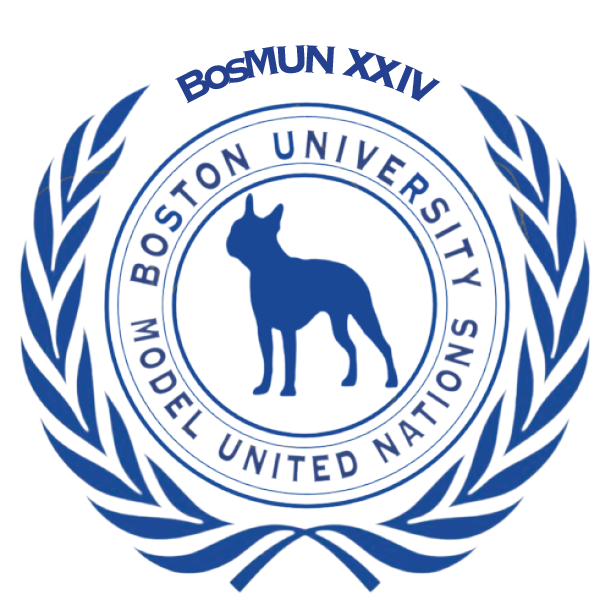This is an advanced committee; it is suggested that delegates who have previous experience compete in this committee.
The International Centre for Genetic Engineering and Biotechnology (ICGEB) is one of the intergovernmental autonomous organizations under the UN focusing on the sustainable and peaceful uses of genetic engineering and biotechnology for the benefit of mankind. The ICGEB plays a major role in promoting advanced, experimental research and developing information related to biosafety and bioethics. As biotechnology is becoming more and more necessary to treat infectious diseases and improve crops and industrial biofuels, it is essential to develop the best and most humane way to improve quality of life and protect lives around the world. Delegates are encouraged to utilize diplomacy and collaboration to determine what actions must be taken to treat public health crises and encourage humane development of biotechnology.
Topics And Questions To Consider
Topic 1: Increasing Access to Gene Therapy in Low and Middle Income Countries
Questions to Consider
What can be done to decrease the burden of treatment?
How are patients monitored after treatment in areas that are difficult to access?
Should gene therapy trials for a specific disease be focused in areas where the burden of disease is highest?
How can access to gene therapy be regulated across international borders?
How can the ICGEB form programs that address specific community skepticism about gene therapy?
Topic 2: Combatting Antimicrobial Resistance (AMR)
Questions to Consider
How can the ICGEB leverage its expertise in genetic engineering to help combat antimicrobial resistance on a global scale?
What policies and practices can be adopted to reduce the overuse and misuse of antibiotics in both human medicine and agriculture?
How can the ICGEB ensure equitable access to new antibiotics, especially in low and middle income countries where AMR burden is often higher?
What are the economic impacts of AMR on healthcare systems globally, and how can we quantify the costs associated with drug-resistant infections?
What role do environmental factors, including pollution, waste management practices, and agricultural runoff, play in the spread of AMR?
How can the ICGEB contribute to strengthening global AMR surveillance networks by using genomics and bioinformatics to track emerging resistant strains in both clinical and environmental samples?
What ethical guidelines should ICGEB follow when conducting research on genetically modified organisms or new AMR therapies in clinical trials, especially in low-income countries with varying ethical standards?


